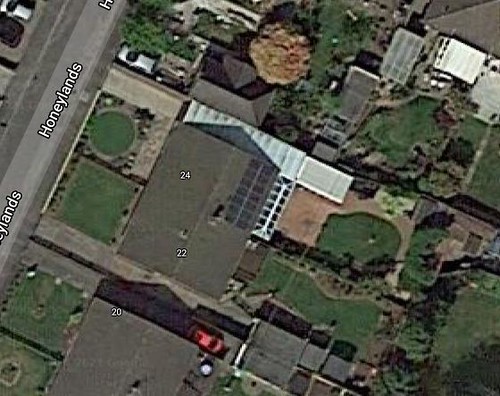martin clark
pinko bodger
Rainwater-harvesting for such and many other uses is a thing; long-has-been. Even as an add-on, you can buy a kit on a pallet that will do the necessary, and includes enough UV treatment (you need to store the water in an opaque container, else you get ..things growing) and a pump & necc filters or two to just add-on/add-in.
It's about £1-1.5K fitted; and even though with enough intent & goodwill you might homebrew for half that - funnily enough , no-one actually wants to pay for such on homes up-front. So - flushing treated, even metered water goes on.
and - that said - at 4l small / 6l large flush, long the UK new-build standard now - WCs are nowhere on a scale of waste compared to running unnecessary/daily cycles of washing, or several 15minute (at min 9l/min) showers etc. Even benchmarks like BREEAM targets only < / = 120litres/person/day, total, if you want a rough guideline for economical water usage.
It's about £1-1.5K fitted; and even though with enough intent & goodwill you might homebrew for half that - funnily enough , no-one actually wants to pay for such on homes up-front. So - flushing treated, even metered water goes on.
and - that said - at 4l small / 6l large flush, long the UK new-build standard now - WCs are nowhere on a scale of waste compared to running unnecessary/daily cycles of washing, or several 15minute (at min 9l/min) showers etc. Even benchmarks like BREEAM targets only < / = 120litres/person/day, total, if you want a rough guideline for economical water usage.


